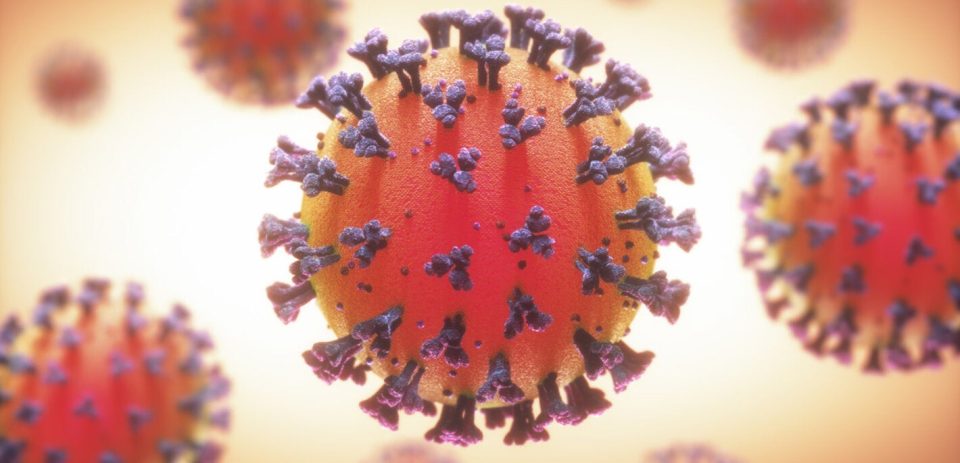Wuhan scientists have found a new type of coronavirus, “NeoCov”, that is found among bats in South Africa, which can threaten humans in future if it mutates further, according to a study by the Chinese researchers. The study recently posted on the preprint repository BioRxiv says that NeoCov is connected to the Middle East Respiratory Syndrome (MERS), a viral disease first recognised in Saudi Arabia in 2012.
Researchers from the Chinese Academy of Sciences and Wuhan University highlighted that NeoCov is found in bats in South Africa and spreads exclusively among these animals. In its current form, NeoCov does not infect humans, but further mutations can be potentially harmful, the researchers said. “In a study, we suddenly found that NeoCov and its close relative, PDF-2180-CoV, can use some types of bat Angiotensin-converting enzyme 2 (ACE2) and human ACE2 for entry in a human body,” the authors of the study said.
- Xi Jinping Says China ‘Not Afraid’ as US-China Trade War Escalates
- PM Modi Launches 44 Projects Worth Rs 3,880 Crore in Varanasi on 50th Visit
- India’s Industrial Growth Slows to 2.9% in February on Weak Manufacturing
- Google Lays Off Hundreds in Android & Pixel Teams: Report
- What is Hero or Zero Options Trading: Strategy & Risk in Hero or Zero Trade
The researchers further said that infection with NeoCov can not be cross-cancelled by antibodies targeting SARS-CoV-2 or MERS-CoV. “Considering the mutations in the SARS-CoV-2 variants, especially the Omicron variant, these viruses can infect humans in further mutations,” the study added. The World Health Organisation (WHO) on the study said that the NeoCov, which Chinese researchers discovered, requires further investigation. The WHO said that it is aware of the development, but the virus demands further study to know if it risks humans. The WHO also thanked the researchers for sharing their research in the preprint.






